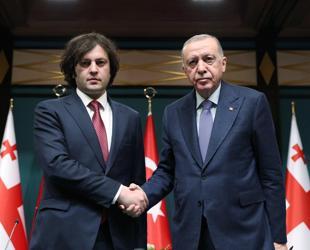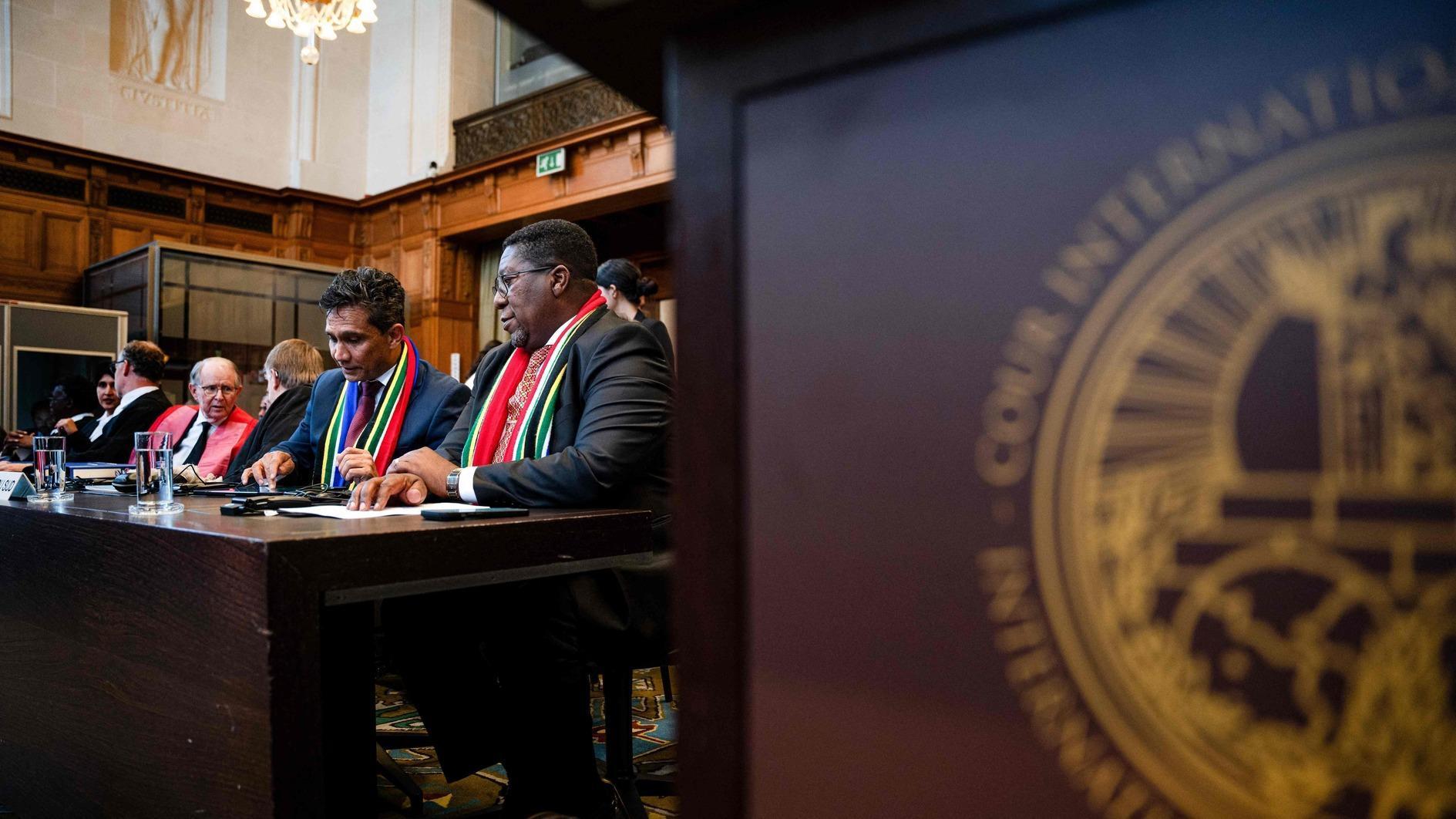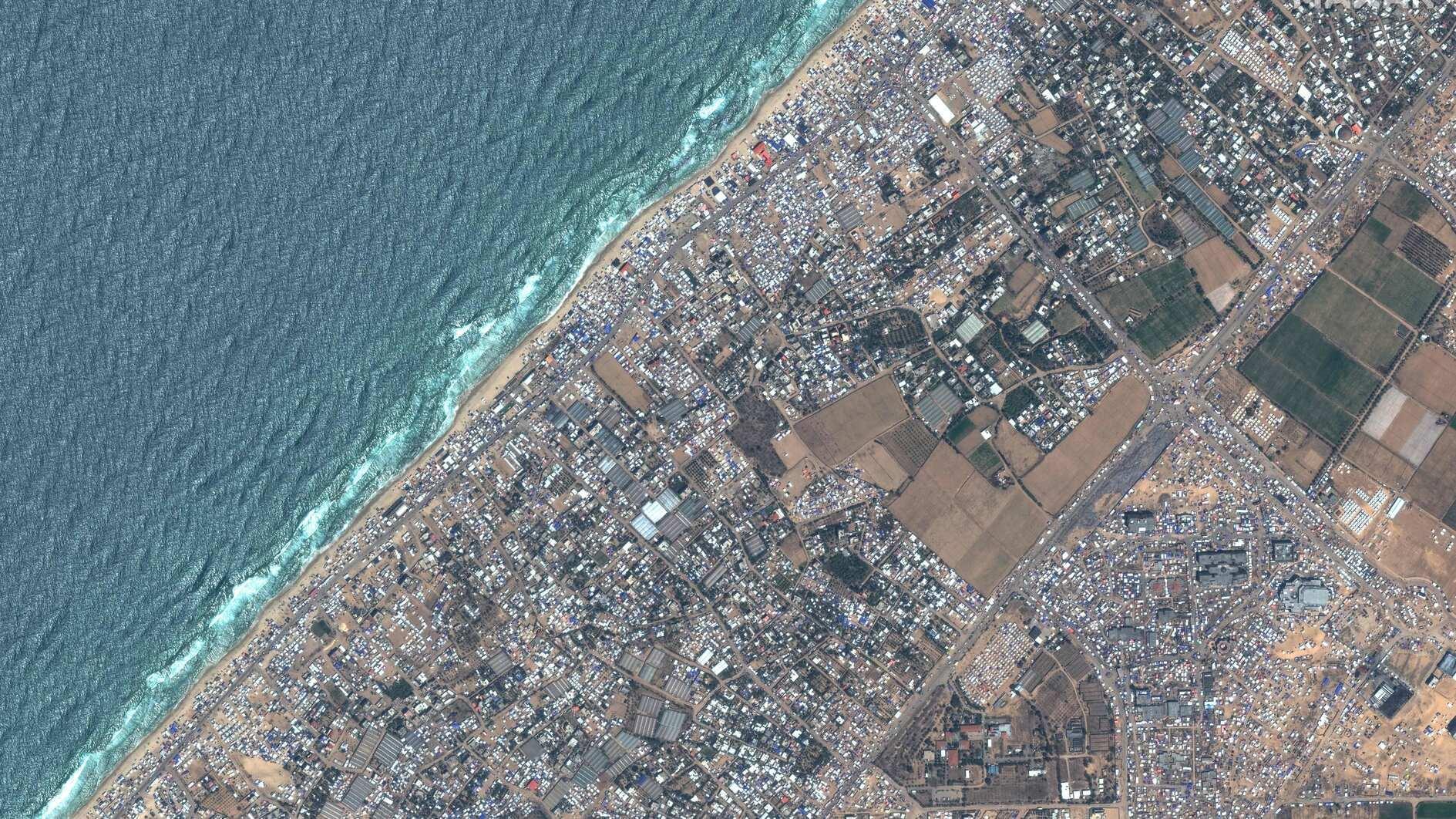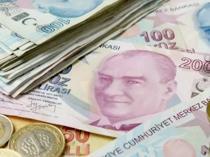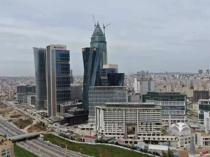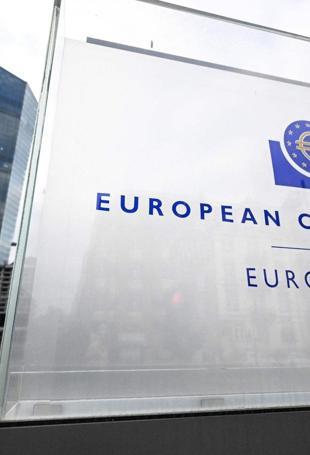Arbil warns central Iraq to halt fuel exports once again
BAGHDAD - Reuters
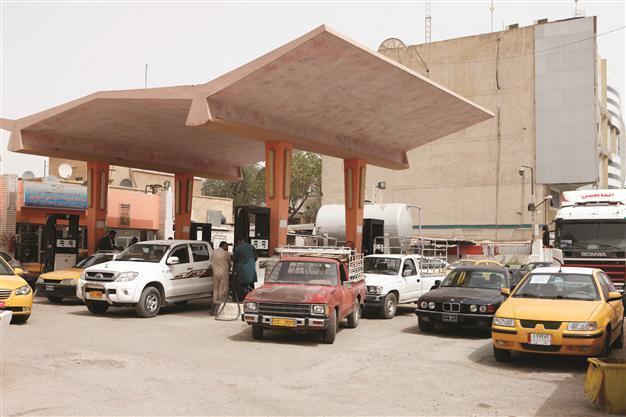
Iraqis fill up at a gas station in Baghdad, Iraq on Aug. 15. Baghdad maintains it alone has the right to export Iraqi crude, even though the KRG has moved ahead and signed exploration deals with international oil companies like Exxon and Chevron. The KRG had halted exports before in April, but restarted shipments on Aug. 7. AP photo
The Kurdistan Regional Government (KRG) in Iraq’s north threatened to stop its share of national oil exports again at the start of September, claiming Baghdad has continued to hold off on payments to oil companies, as the two sides continue a long-running dispute.“We are moving ahead to stop oil exports at the start of September, because until this moment we didn’t receive any sign Baghdad will approve payments for oil companies working in the region,” a senior KRG official has said.
Iraq’s uneasy federal union is being tested as the central government has a long-standing disagreement with autonomous KRG over control of oil and territory along their internal border.
Only Baghdad can export
Baghdad maintains it alone has the right to export Iraqi crude. But the KRG has moved ahead with signing exploration deals with oil majors such as Exxon and Chevron, which the central government rejects as illegal.
In April the KRG halted exports, saying Baghdad had not made payments to companies working there, but it restarted shipments on Aug. 7 with a warning they could be halted again in a month if there were no payments.
Iraq says Arbil’s oil shipments have fluctuated around 100,000 to 120,000 barrels per day since they restarted, below the 175,000 bpd that Baghdad says was agreed with Kurdistan.
A senior Iraqi government adviser said the KRG authorities still needed to present receipts showing company expenses and that more auditing was needed before any payments are approved.
Iraq approved a payment of close to $560 million to oil producers operating in the north in return for their investment costs to develop oilfields in the KRG territory. But officials are still waiting for the go-ahead. “We’ve allocated 650 billion Iraqi dinars ($559.4 million) in the 2012 budget to pay the companies, which we will release after we receive the order from the government. Until now no order was received,” Iraq’s Deputy Finance Minister Fadhil Nabi said.
Crude produced in the KRG is fed into Iraq’s Kirkuk export stream and sold onto world markets via the Turkish Mediterranean port of Ceyhan. The earlier KRG export halt cut Kirkuk shipments by a quarter to below 300,000 bpd.
In an interim agreement in January 2011, Baghdad approved payments to companies in the KRG territory for exploration and extraction costs.
KRG to supply 175,000 barrels per day
That agreement called for the KRG to supply 175,000 barrels per day of oil exports and Baghdad to route 50 percent of the KRG’s export earnings to it to cover producing companies’ costs.
The KRG says only two payments totalling $514 million have been received, with the last payment made in May 2011.
The KRG’s resumption of exports was seen as a goodwill gesture to ease tension after Baghdad threatened to cancel a contract with France’s Total for signing deals with the autonomous region.
Total and a unit of Russia’s Gazprom followed U.S. majors Exxon and Chevron into signing deals with the KRG, which is already at odds with Baghdad in a long-running dispute over territory and oil rights.

